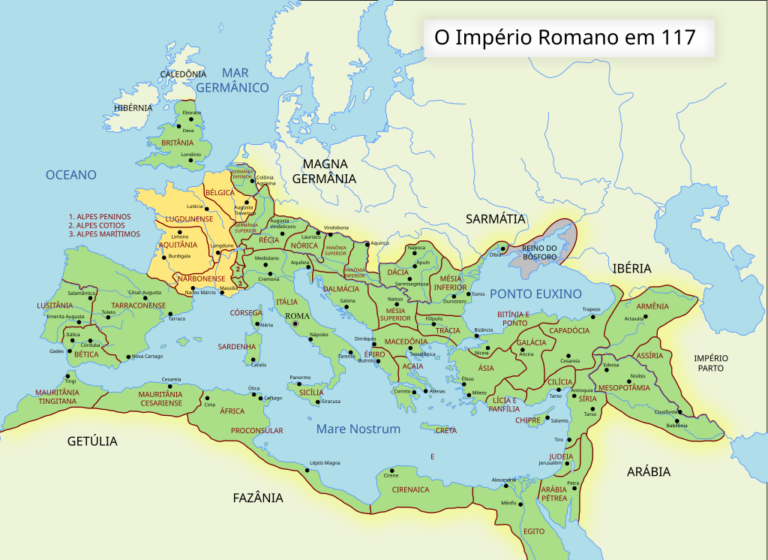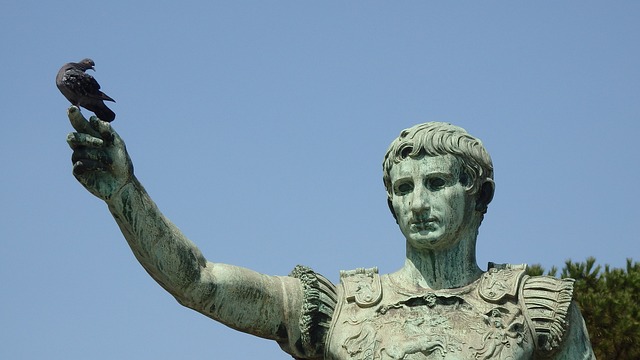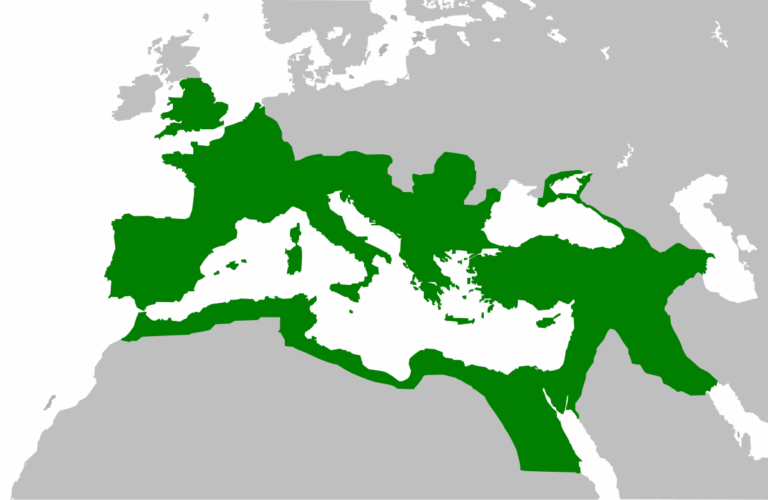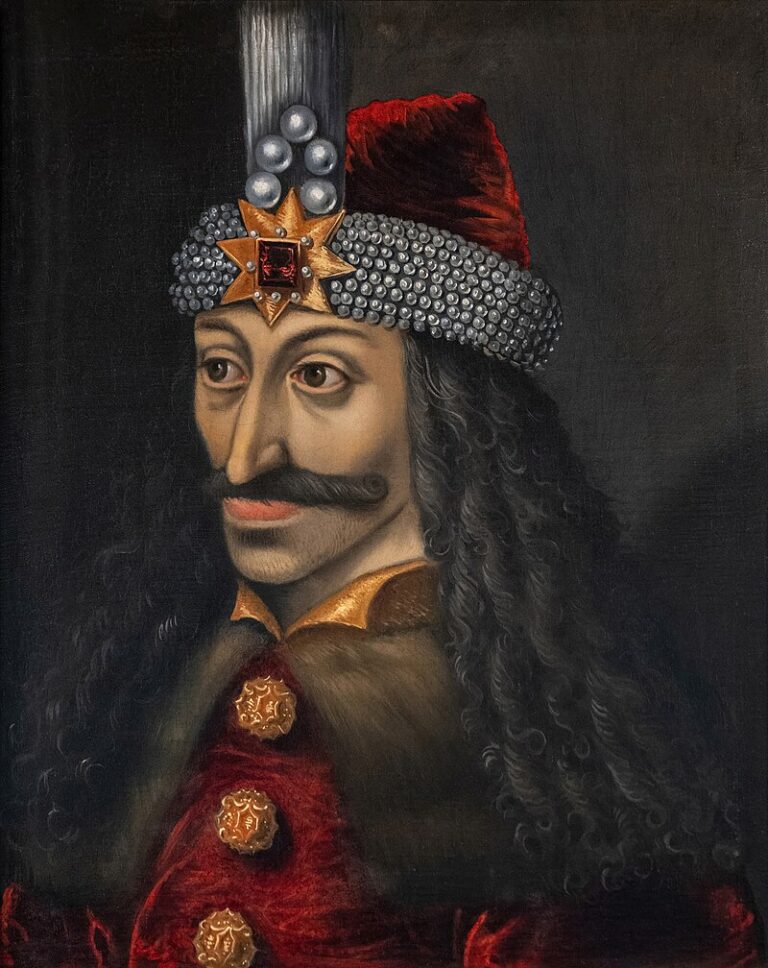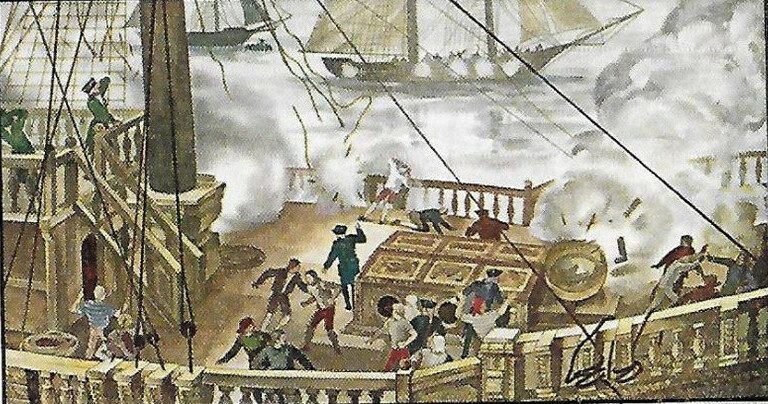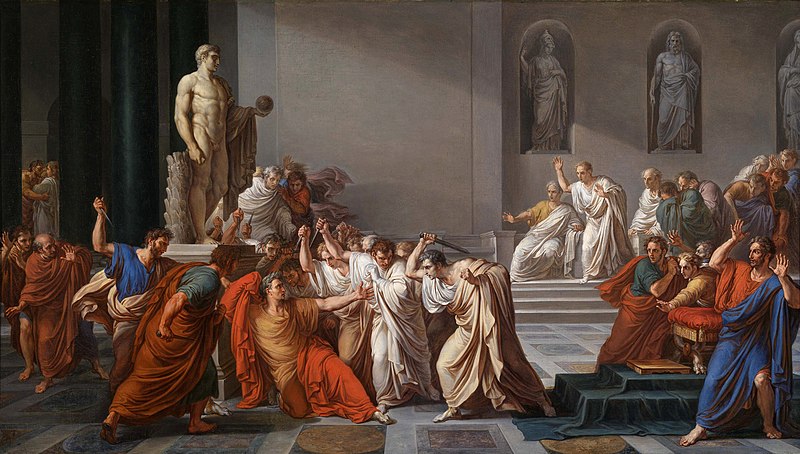
Julius Caesar is one of history’s most renowned figures, celebrated for his military conquests, political genius, and dramatic assassination. However, there are many surprising facts about Julius Caesar that reveal lesser-known aspects of his life, making his story even more captivating. From his encounters with pirates to his unexpected role in calendar reform, Caesar’s legacy is filled with intriguing details that go beyond the conventional image of the Roman general and dictator.
1. He Was Kidnapped by Pirates—And Got Revenge
As a young man, around the age of 25, Julius Caesar was sailing across the Aegean Sea when he was captured by a group of Cilician pirates, a notorious band of seafaring raiders who frequently targeted wealthy Romans for ransom. Rather than showing fear or pleading for his life, Caesar treated his captors with remarkable confidence, even arrogance. When the pirates set his ransom at 20 talents of silver, he scoffed at the amount, insisting that he was worth at least 50 talents.
During his captivity, which lasted about 38 days, Caesar refused to behave like a typical prisoner. He acted more like their leader, ordering them around, joining in their games, and even composing and reciting poetry. When the pirates failed to show proper appreciation for his literary talents, he openly called them illiterate barbarians. He also frequently joked that he would return to execute them once he was free—a remark the pirates took as an amusing jest rather than a genuine threat.
Once his ransom was paid, Caesar was released, but he wasted no time in making good on his promise. He immediately raised a fleet, tracked down the pirates at their hideout, and captured them. Unlike the Roman governor of Asia, who was reluctant to punish them, Caesar took matters into his own hands. He had the pirates crucified—a standard punishment for piracy in Rome.
2. He Was Never an Emperor
Although Julius Caesar is often associated with the Roman Empire, he was never actually an emperor in the formal sense. Instead, he held the title of “Dictator Perpetuo” (Dictator for Life), a position that granted him unparalleled authority over the Roman Republic. His rule laid the foundation for the transition from Republic to Empire, but it was his adopted heir and grandnephew, Augustus (born Octavian), who officially became Rome’s first emperor in 27 BCE. Augustus solidified one-man rule under the title “Princeps” and later “Augustus,” marking the true beginning of the Roman Empire. Caesar’s assassination in 44 BCE was, in part, driven by fears that he was aiming to make himself king—an idea deeply unpopular in Rome—yet it was his successors who ultimately established the imperial system he had set in motion.
3. He Had a Relationship with Cleopatra—and a Son
Caesar’s affair with the Egyptian queen Cleopatra is well known, but many don’t realize they had a son together, Ptolemy XV Philopator Philometor Caesar, more commonly known as “Caesarion” (meaning “Little Caesar”). Cleopatra insisted that Caesar was the boy’s father, and she even styled Caesarion as the co-ruler of Egypt, hoping to strengthen his claim to power. However, despite their relationship and Cleopatra’s assertions, Caesar never officially recognized Caesarion as his heir.
Instead, Caesar named his grandnephew Gaius Octavius (later Augustus) as his official successor in his will. After Caesar’s assassination in 44 BCE, Cleopatra attempted to position Caesarion as his rightful heir, even declaring him “King of Kings” in Egypt. However, after Octavian defeated Cleopatra and Mark Antony in 31 BCE, Caesarion’s fate was sealed. In 30 BCE, on Octavian’s orders, he was captured and executed—ending any potential challenge to Octavian’s claim to power.
4. He Changed the Calendar
Before Julius Caesar’s reforms, Rome followed a complex and inconsistent lunar-based calendar, which often fell out of sync with the seasons. This earlier calendar relied on priests (pontifices) to periodically add extra months to keep it aligned with the solar year, but this system was prone to manipulation, as officials sometimes adjusted the calendar for political or financial gain. By the time of Caesar, the Roman calendar was months behind the actual solar year, causing confusion in agriculture, taxation, and religious observances.
To fix this, Caesar consulted Sosigenes, an Alexandrian astronomer, and implemented a new solar-based calendar in 46 BCE, known as the Julian calendar. This system calculated the year as 365.25 days, introducing the concept of a leap year every four years to account for the extra quarter-day. To correct the misalignment from the previous system, Caesar even ordered that the year 46 BCE last 445 days, making it the longest year in history—nicknamed the “Year of Confusion.”
5. He Wore a Laurel Crown to Hide Baldness
Julius Caesar suffered from premature baldness, a condition he was reportedly very self-conscious about. In Roman society, a full head of hair was often associated with youth, vitality, and power, making baldness a potential source of embarrassment for a public figure like Caesar. Ancient sources, including Suetonius, mention that Caesar tried various remedies to combat his hair loss but with little success.
To disguise his thinning hair, Caesar grew out what hair he had and combed it forward, an early version of the “comb-over.” However, his most effective strategy was to wear a laurel wreath—a crown traditionally awarded to victorious generals. While the wreath was an honorary symbol of military success, Caesar cleverly used it as a way to conceal his receding hairline.
6. He Was Stabbed 23 Times—But Only One Wound Was Fatal
Despite being stabbed 23 times by his assassins on the Ides of March in 44 BCE, medical analysis suggests that only one of the wounds—likely to his chest—was actually fatal. The rest were superficial or non-lethal. The sheer chaos of the attack, with conspirators frantically stabbing at him, made it difficult for any individual assassin to deliver a precise killing blow. According to Plutarch, when Caesar realized he was doomed—especially after seeing Brutus among the attackers—he stopped resisting and covered his face with his toga, allowing himself to fall with dignity.
7. His Name Gave Birth to Titles Like “Kaiser” and “Tsar”
In the Roman Empire, the title Caesar originally referred to the family name of Julius Caesar, but after his adopted heir Augustus took power, it became a dynastic title used by emperors. Over time, “Caesar” evolved into a term synonymous with imperial rule and was adopted by later states seeking to legitimize their power.
In Germany, the Holy Roman Emperors and later the rulers of the German Empire used the title “Kaiser,” a direct linguistic descendant of Caesar, signifying their claim as rightful heirs to Roman traditions. Similarly, in Russia, the title “Tsar” (or “Czar”) emerged as a Slavic adaptation of “Caesar.” Ivan IV (“Ivan the Terrible”) officially adopted the title Tsar of Russia in 1547, reinforcing the idea that Russian rulers were the successors of the Roman and Byzantine emperors.
8. His Last Words Might Not Have Been “Et Tu, Brute?”
William Shakespeare immortalized the phrase “Et tu, Brute?” (“You too, Brutus?”) as Julius Caesar’s final words in his play Julius Caesar. This dramatic line, spoken as Caesar recognizes his friend and protégé Brutus among the assassins, has become one of the most famous quotes in history. However, there is no solid historical evidence that Caesar actually said this.
According to the ancient historian Suetonius, some accounts claimed that Caesar may have muttered a Greek phrase instead: “Kai su, teknon?”—which translates to “You too, my child?” This phrase could be interpreted as a mix of shock, betrayal, or even a curse directed at Brutus. However, Suetonius also acknowledges that other sources claim Caesar said nothing at all and simply covered his face with his toga as he collapsed, choosing to die with dignity.
9. He May Have Suffered from Epilepsy or Mini-Strokes
Ancient historians, including Plutarch and Suetonius, reported that Julius Caesar experienced episodes of sudden weakness, dizziness, and convulsions, which were widely believed to be epileptic seizures. These accounts describe him suffering from fainting spells and losing consciousness on multiple occasions, including during important public events.
For centuries, it was assumed that Caesar had epilepsy, a common neurological disorder that can cause seizures. However, some modern historians and medical experts now suggest an alternative theory: that he may have suffered from mini-strokes (transient ischemic attacks, or TIAs) instead. TIAs are brief interruptions of blood flow to the brain, which can cause temporary confusion, dizziness, and loss of control—symptoms that align with the descriptions of Caesar’s episodes.
10. He Was Assassinated at the Base of a Statue of His Rival
Julius Caesar’s assassination took place in the Theatre of Pompey on the Ides of March (March 15), 44 BCE, a location steeped in symbolic irony. The Theatre of Pompey was not only a major public venue in Rome but also housed a statue of Pompey the Great, Caesar’s once great rival. Pompey, who had been one of Rome’s most celebrated military commanders, was the leader of the Optimates and an opponent to Caesar during the period of political tension known as the Roman Civil War.
Before their final conflict, Caesar and Pompey had been part of the First Triumvirate, a political alliance that also included Crassus. However, after Crassus’s death and rising tensions, the alliance fell apart. In the ensuing civil war, Caesar ultimately defeated Pompey in 48 BCE at the Battle of Pharsalus, forcing Pompey to flee to Egypt, where he was assassinated.
…
Related:
10 Little-Known Things About Julius Caesar – What a Life Tours
The Rise and Fall of Rome: A Periodization of Roman History Through Territorial Changes

